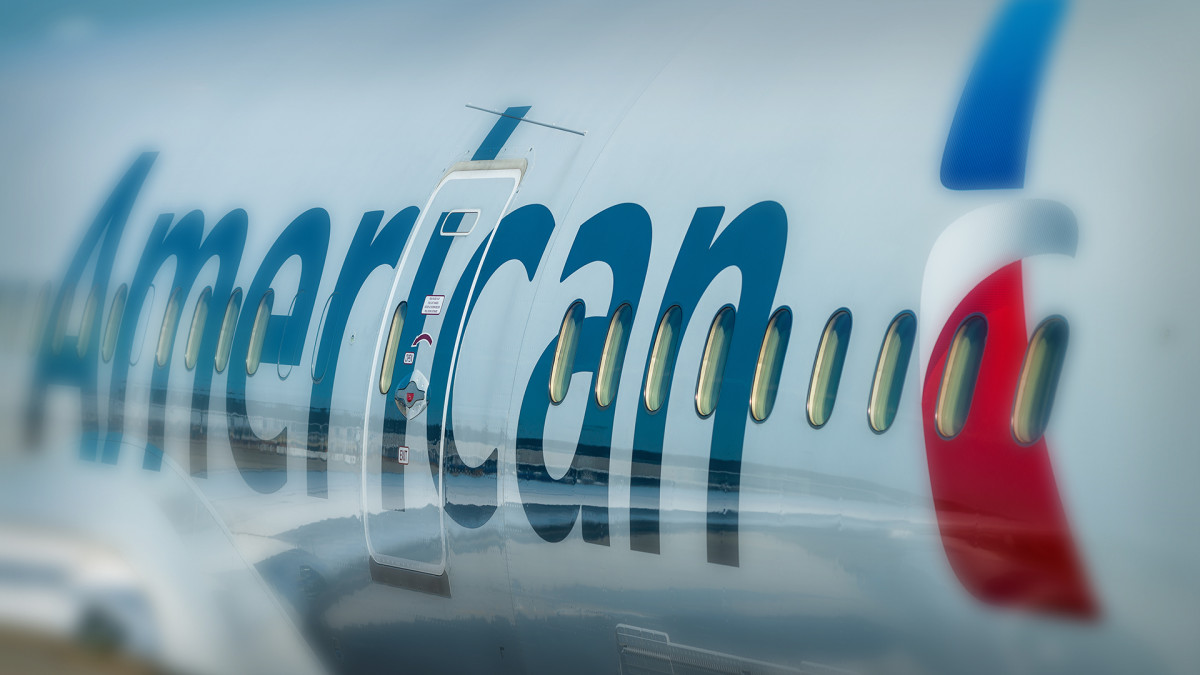
While American Airlines (AAL) has previously hoped to improve profits through discounting and attracting business travelers, neither strategy provided the desired results.
On July 25, the Fort Worth-based airline cut its profit forecast to between $0.70 and $1.30 a share — a significant drop from the $2.25 to $3.25 it forecast in April and below analyst expectations of $1.10 to $2.60. It further estimated a revenue drop of up to 4.5% in the third quarter. The $717 million in net income it reported in the second quarter is a 46% drop from a year ago.
Related: Southwest Airlines finally makes the seating change many feared
In explaining the results to investors, American CEO Robert Isom put the blame toward "prior sales and distribution strategy" and "an imbalance of domestic supply and demand" — in particular, the strategy to win over customers from competitors by aggressive discounting that was spearheaded by previous Chief Commercial Officer Vasu Raja. American announced that it was parting ways with Raja back in May.
American CEO promises to address challenges 'head-on, with clear and decisive actions'
"We are taking this challenge head-on, with clear and decisive actions to deliver on a strategy that maximizes our revenue and profitability, and importantly, one that makes it easy for customers to do business with American," Isom said in a statement on the earnings. "When we return to the level of revenue generation we know we can achieve, and we couple that with our operational reliability and best-in-class cost management, we will unlock significant value."
More Travel:
- A new travel term is taking over the internet (and reaching airlines and hotels)
- The 10 best airline stocks to buy now
- Airlines see a new kind of traveler at the front of the plane
While some analysts expected a drop due to the slashed outlook, American shares spiked upon Isom's news of how the airline would change its strategy going forward. Friday morning started with shares up just over 4% at $10.60.
Isom further said that the airline lost $1.5 billion catering to budget-hunting travelers at a time when competitors like Delta (DAL) and United Airlines (UAL) made a push to win over business and corporate travelers.
'Swift and aggressive actions' (here is what that looks like)
Travel companies, in particular, were left out of the discount fares and so went with other competitors — to rectify the situation, American said it is taking "swift and aggressive action to reorient its sales and distribution strategy in ways that continue to be customer-centric, while addressing feedback from corporate and agency partners."
Specifically, that means expanding and improving its AAdvantage Business benefits program as well as renegotiating contracts with a number of corporate clients who were left unhappy over the last year.
American is not the only airline that announced a drastic need to improve finances fast. Also on July 25, Southwest Airlines (LUV) CEO Bob Jordan said that "urgent and deliberate steps" were needed to break through a series of unprofitable quarters.
The most drastic of these steps is a commitment to getting rid of the airline's decades-old open seating policy with travelers soon able to pay extra for an assigned seat. While the ability to pick from any available seat earned Southwest the love and loyalty of some customers, seat-selection is also a profit stream that many airlines rely on.
Related: Veteran fund manager picks favorite stocks for 2024

.jpg?w=600)





